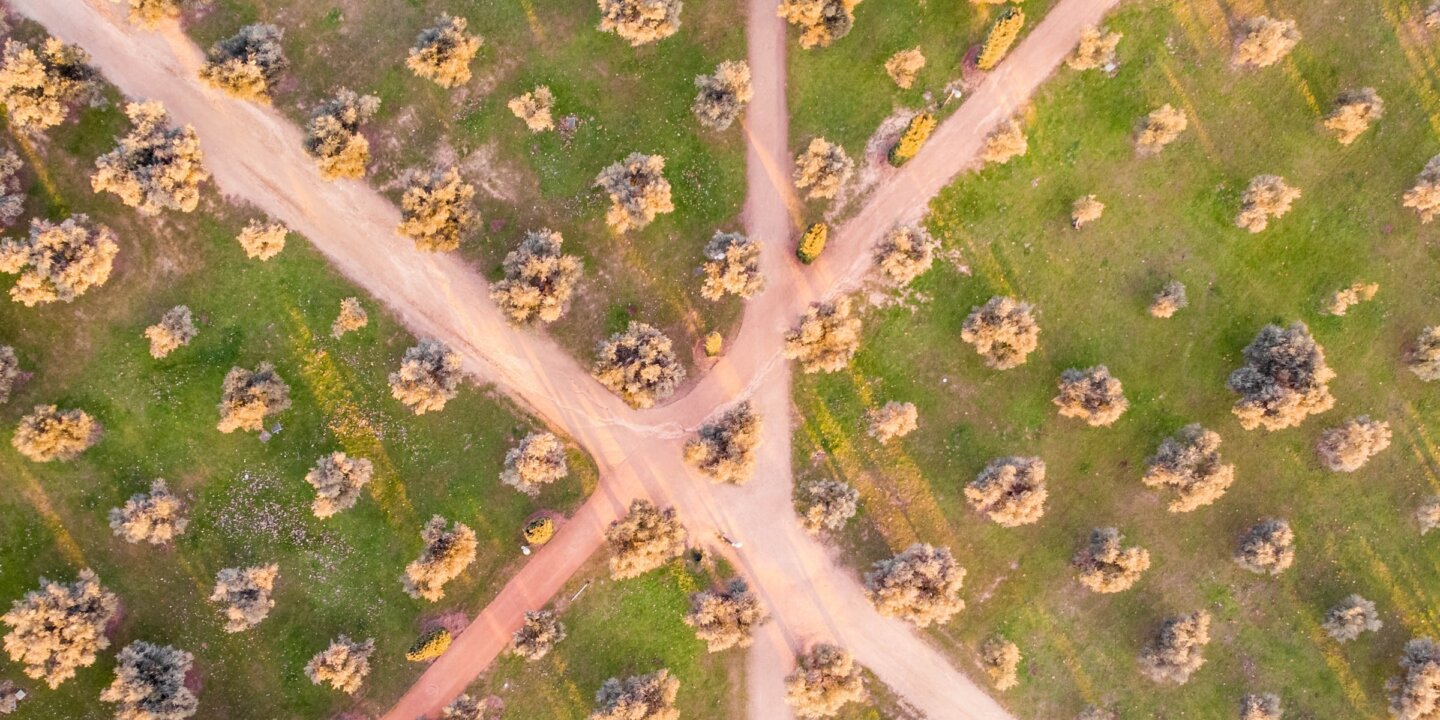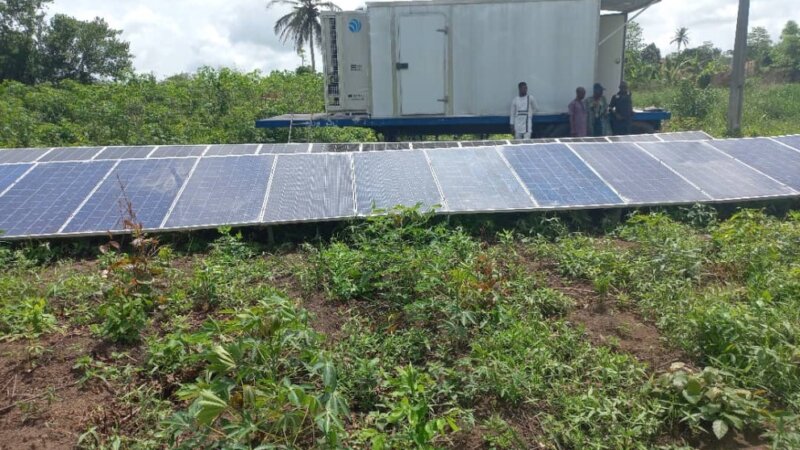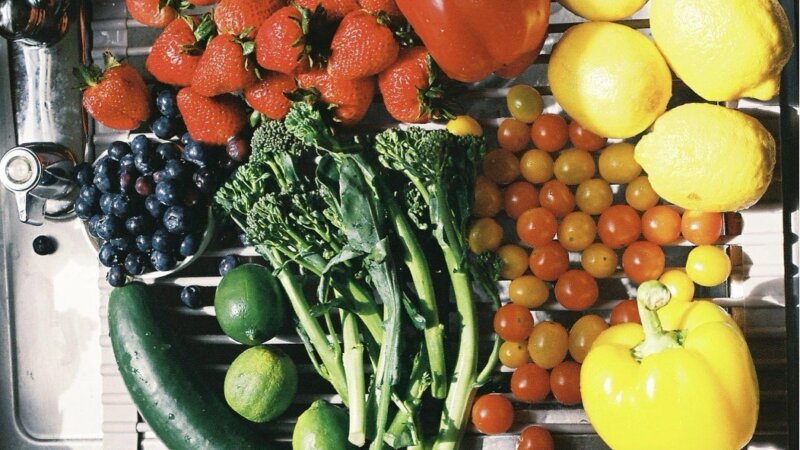Reports out: Food systems resilience pathways for Western Bahr el Ghazal and Eastern Equatoria states, South Sudan
After learning together about the concept of food systems resilience in 2021, a collaborative effort emerged in the NFP work with the FNS REPRO programme implemented by FAO and Wageningen Centre for Development Innovation. Together with the Partnership for Recovery and Resilience (PfRR) in South Sudan the REPRO programme, NFP and a group of organizations including Cordaid, CARE, ZOA-Dorcas, AVSI and Tearfund joined forces to delve deeper into the practical application of food systems resilience. Their collective aim was to explore how this concept could be operationalized in real-world settings. As part of this endeavor, research was conducted, focusing on the pathways towards building resilient food systems in two states of South Sudan: Western Bahr el Ghazal and Eastern Equatoria. These research efforts entailed a series of multi-stakeholder discussions, expertly organized in partnership with WCDI, the University of Juba and the PfRR.
The food systems in Eastern Equatoria and Western Bahr el Ghazal (WBeG) States in South Sudan are facing a severe crisis due to various challenges in particular ongoing conflicts, climate change, and natural resource degradation. However, there are opportunities to enhance the resilience of these food systems by empowering people and local institutions to produce and access nutritious food that aligns with their culture, despite the impacts of shocks and stressors, whether natural or man-made.
The reports provide a rationale for building resilient food systems in South Sudan in line with South Sudan's national food systems transformation priorities. They introduce the concept and practical application of food systems resilience and present the key findings from the dialogues on food systems resilience held in both states. Furthermore, it highlights the main strategies identified for building resilient food systems.
Four key challenges into nine pathways per state
In line with the outcomes of South Sudan's National Food Systems Dialogue, the reports identify four key challenges that must be addressed to transform the country's food systems:
- Enhancing the resilience of food systems to current and future shocks and stressors (natural and man-made).
- Developing food systems that promote social cohesion and peace.
- Ensuring sustainable management of natural resources, food diversification and improved nutrition (healthy diets) through food systems.
- Promoting sustainable food supply systems through inclusive value chains, agribusinesses, and opportunities for youth employment.
The Food Systems Resilience Dialogue & Pathway Development (FoSReD-PaD) process offers an approach to strengthen local governance of food systems, ultimately leading to improved resilience and outcomes. The State-Level Dialogues resulted in the identification of nine pathways (aligned with the national pathways) that collectively form roadmaps to transform food systems, making them more resilient, responsive to the needs of all stakeholders (especially smallholder farmers, agri-pastoralists, and herders), and enhancing food and nutrition outcomes for everyone.
Why food systems resilience dialogues
Food systems approaches are gaining recognition as a means to establish sustainable food systems in prolonged food crises, as emphasized by the UN Food Systems Summit, the Global Network Against Food Crises, and the Fighting Food Crises along the Nexus Coalition. Therefore, it is crucial to take action now by investing in a necessary transformation towards equitable, inclusive, and sustainable food systems that lead to improved outcomes, particularly in terms of food security and nutrition during extended food crises.
The governance of food systems occurs at various levels and scales. However, transforming local food systems can only be successful if communities, civil society organizations, small producers, farmers, and indigenous groups—drawing upon their local knowledge and lived experiences—can actively participate in shaping food governance.
Learn more
To learn more about the work of this Community of Practice around food systems resilience also see:
Author

Rojan Bolling
Knowledge broker





